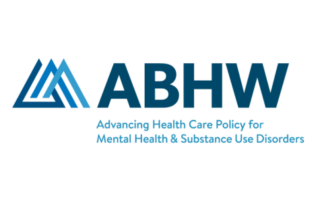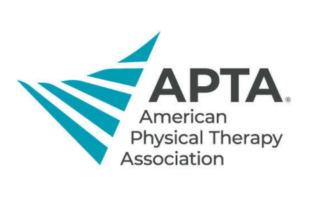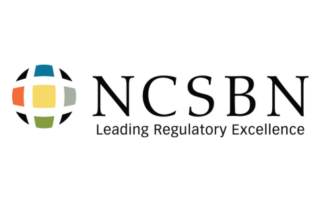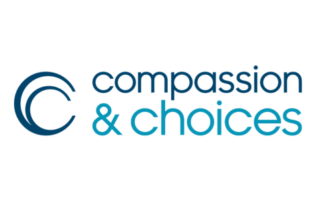The Alliance for Connected Care aims to:
Demonstrate the importance of Connected Care as a tool for improved quality and efficiency.
Build significant and high-level support for Connected Care among leaders in Congress and the Administration.
Enable more telehealth to support new models of care.
Lift geographic and site restrictions for telehealth in Medicare.
Establish a consensus-based, standardized definition of Connected Care to advance with policymakers.
Alliance News
ASPE: Medicaid Behavioral Health Providers Delivering Most Behavioral Health Services via Telehealth
ASPE: Medicaid Behavioral Health Providers Delivering Most Behavioral Health Services via Telehealth ASPE released a study, which examined the extent to which Medicaid providers who deliver behavioral health services shifted their practices to mostly tele-behavioral health services during the COVID-19 pandemic. This study found that the proportion of providers who delivered more than 80% of their behavioral health services via telehealth increased during the pandemic, with one-quarter of specialty providers delivering most behavioral health services via telehealth.
ASPE: Use of Medicare-Covered Telerehabilitation for PT/OT/SLP Services during the COVID-19 PHE
ASPE: Use of Medicare-Covered Telerehabilitation for PT/OT/SLP Services during the COVID-19 PHE ASPE released a study, which examined the extent therapist practices and nursing homes adopted telehealth services for physical therapy (PT), occupational therapy (OT), and speech-language pathology (SLP); explored the major challenges and facilitators in adopting telerehabilitation services, and whether these services were effective in addressing patient care and staffing needs during the public health emergency (PHE).
FAIR Health: Telehealth Utilization Decreased Nationally and in Every US Census Region in September
FAIR Health: Telehealth Utilization Decreased Nationally and in Every US Census Region in September According to FAIR Health’s Monthly Telehealth Regional Tracker, telehealth utilization decreased nationally and in every US census region in September 2024. Nationally, telehealth claim lines dropped from 4.96 percent of medical claim lines in August to 4.80 percent in September, a decrease of 3.3 percent. At the national level and in every region, mental health conditions remained the most common diagnostic category.
JAMA Network: Primary Care–Based Digital Health–Enabled Stroke Management Intervention
JAMA Network: Primary Care–Based Digital Health–Enabled Stroke Management Intervention In this long-term follow-up of a cluster randomized clinical trial, the 1-year intervention was associated with significantly reduced systolic BP and stroke recurrence at 5.5 years, providing evidence of long-term health and inequity-reducing benefits and holding promise for scaling up of the intervention in resource-limited settings.
Alliance Coleads 300 Stakeholder Letter to Congressional Leaders
The Alliance for Connected Care co-led a letter, signed by almost 300 stakeholders, to Congressional leaders emphasizing the importance of preventing patient care disruptions by extending current telehealth flexibilities in an end-of-year package for a full year or more. Read the full letter here or below:




















